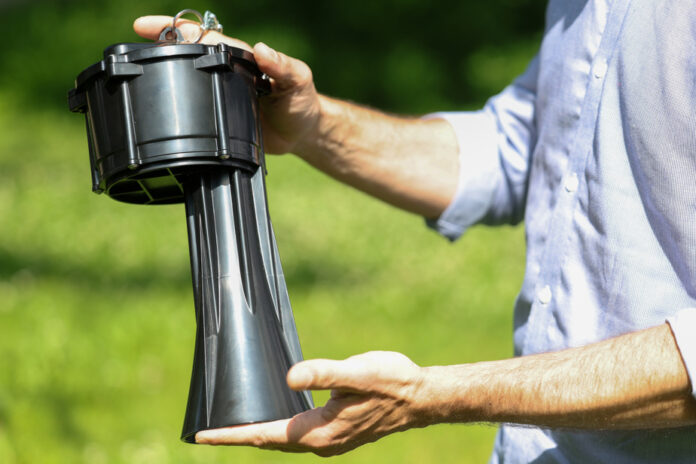Can a dairy cow herd be better managed without adding a single worker to the barn?
And in vegetable growing: can we predict the appearance of spores in a lettuce greenhouse and prevent them by adjusting the temperature and humidity? Always without adding manpower, of course…
This is what Axceta is doing, which wants to “push existing systems further”.
That is to say, the team will use objects already in place, but maximize their scope by analyzing more effectively what they tell us.
For example in agriculture, a favorite field for SMEs. This could mean using devices that measure humidity or even cameras that observe animals in a building, analyzing their data and then detecting a disease before it spreads on a large scale.
The lack of skilled labor is hitting the agricultural industry hard.
Precision agriculture is more advanced in market gardening than in livestock farming in Quebec, explains part of the Axceta team we met in Montreal on June 19. That same Monday, Quebec announced an investment of $175 million to promote food self-sufficiency, in particular to increase productivity by being better equipped. That’s exactly what Axceta does: do more and better, with fewer people.
It’s urgent, notes Sherif Zaroubi, president and CEO of Axceta. “When we talk about robots and agriculture, we think of slaughterhouses,” he says. We have a very dehumanized vision of that. When in fact, all we want to do is take the noise out of the heads of our farmers. »
Sometimes it’s as simple as making prediction models from data collected on site with sensors. Models could prevent disease, manage the distribution of nutrients and pesticides in the plant world; food and supplements in the animal world. And that certainly removes a lot of noise in the head of an agricultural entrepreneur.
“It makes farms smarter,” Sherif Zaroubi sums up.
Axceta is not only present in the agricultural sector. It is a technology company that makes connections between data and its interpretation. She is also interested in the mining and energy industry. She has also worked with Hydro-Quebec to optimize the Hilo system.
In technology, we work a lot in silos, and all the people of these fractions do not necessarily speak the same language, explains Sherif Zaroubi. Hence the importance of making connections.
Axceta, a service company, also wanted to develop a product.
In its desire to work with the agricultural community, the team has developed a system that makes it possible to accurately calculate the quantity of grain in a silo.
“We wondered if our customers had product ideas that they weren’t able to build,” says Sherif Zaroubi. Thus was born this small ultrasonic sensor.
Feed mills can thus follow the evolution of stocks and better manage their deliveries. They know who will need what, to maximize inventory accurately, intelligently and efficiently.
The SME already works with two mills here and is targeting American customers.
Axceta, which has 28 employees, has developed a new subsidiary to market its products, as this is one of the company’s growth avenues.





